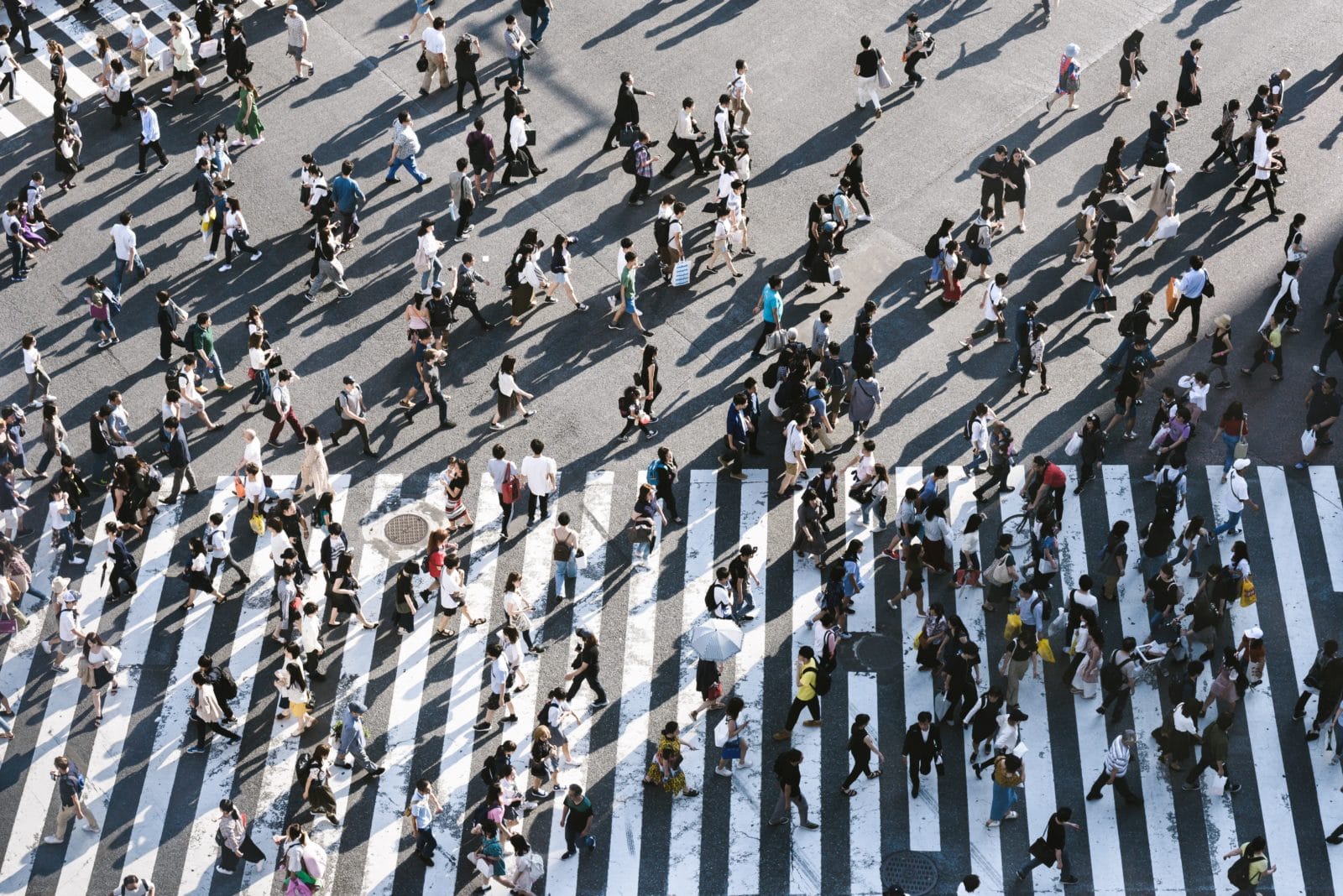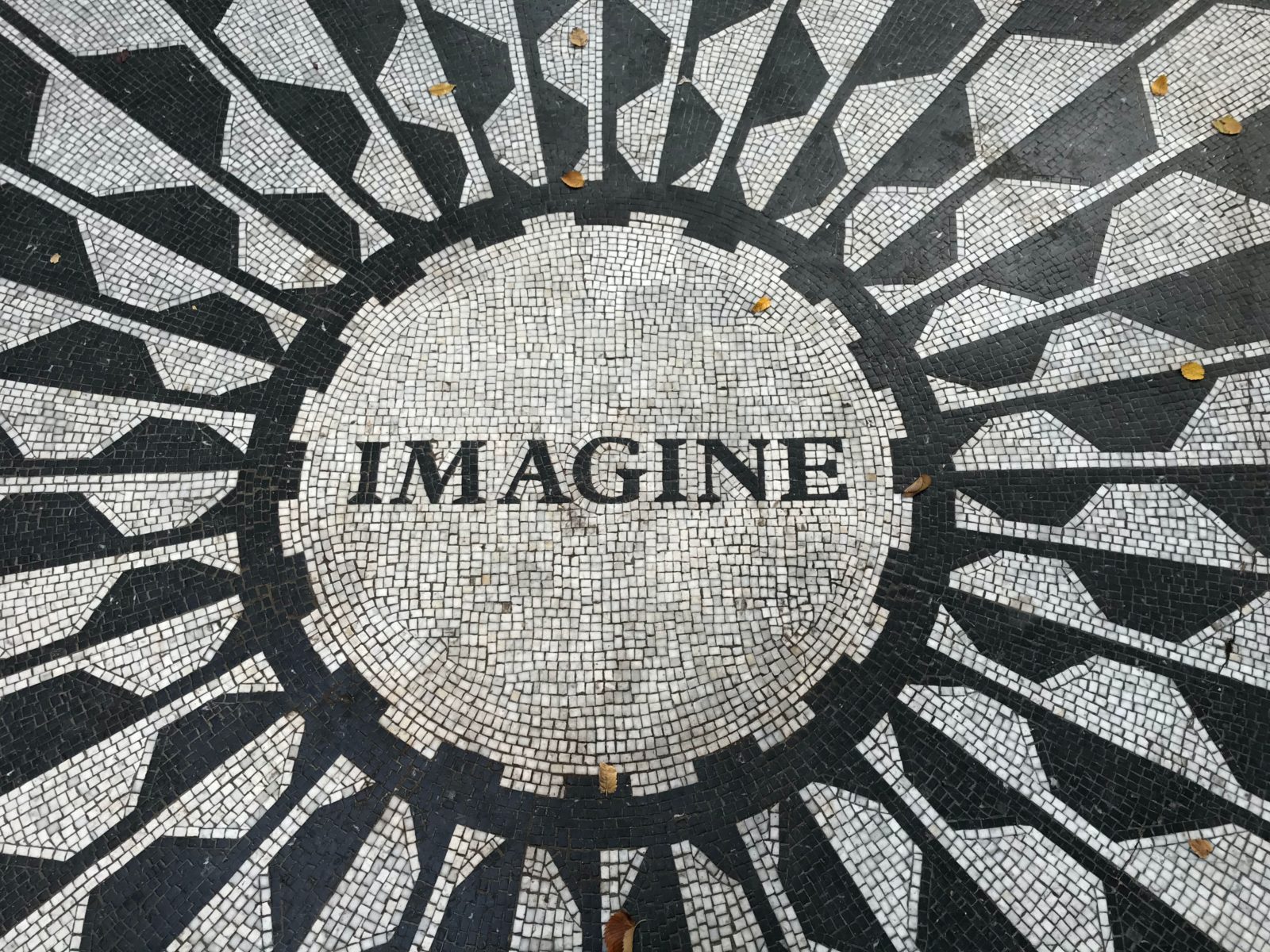Of course, it takes Italians to make this poetic statement about the Netherlands, the headline of this article. The old Italian saying refers to the carillon that signals time in public spaces. Typical tradition of the Low Countries. Since the fourteenth century. Nice and practical, of course, because then the whole city knows what time it is. Does everyone hear hits from the seventeenth century anno 2020. Because melodies from the music collection Der Fluyten Lusthof by Jacob van Eyck (blind, carillonneur and recorder player) can still be heard. Back in time. For the good listener. Or new work, pop classics and everything in between.
Singing ban
Now - in the midst of the Corona era - that saying in particular keeps swirling through my mind. Singing the time. In the Netherlands corn country off all places. I heard someone say the other day that more amateurs sing than play football. Those singers are now awfully quiet. Obligatory. Singing appears to be one of the most contagious musical acts you can perform in this Corona era. What a loss that must be for lovers of all levels. Singers and listeners. Artistic, social, emotional and a loss in terms of health. Just check THESE provable results of making (and listening to) music with scientists. If you haven't already experienced it yourself.
Musings
Time bouncing around. Swirling around. Imagine if you could see sound and rhythm. Visually, too, it would be a lot quieter now. Less human noise on the streets. Space for sound waves flowing out of the tower, sliding around corners, crawling out of cracks and finally being able to really fan out in squares. Having all the space.
Time bouncing around. Having a different perception of time. Being less lived by that clock time. Economic time. Since industrialisation, the rhythm of many people. The carillon could be silent now for that practical reason. Because people might just get to a sense of their own time in Corona time, right? In a time that on paper is less defined by stress to dodge traffic jams, be on time at work and avoid rush hour in shops, that inner sense of time should resonate. Seems to me. Need to feel peace and space for that, though. And that turns out to be more difficult for many. Feeling restlessness, anxiety and sadness don't help, of course.
Funny scenes
In time behind the screen for the joint casual office coffee-time moment. Then again. In time to put on the neat jumper with the sweatpants underneath. Which makes me see funny images in front of me. Fed by articles and interviews, I also hear about those somewhat awkward "loose" virtual conversations. Very practical socialising dictated from above at an agreed coffee time turns out not to work so well after all.
Flow
Heard via via that it is also virtually difficult in a flow is coming. Necessary for innovation, creativity and more of the sort. You just don't force that. Getting ideas. Getting leeway for that. At times that cannot be programmed. Feeding your mind with unexpected discoveries at the strangest times. Being set in motion by a different sound. Or literally moving. That's what this zzp'er himself always uses the after-lunch stroll á la Beethoven for. Because there are just a bit too many one-and-a-half-metre refusers in my neighbourhood, that moment has been shifted to later in the day. Which also messes up my personal work rhythm considerably.

And then when you finish work there is suddenly a sea of time for many. I read around me. How inspiring is Netflix after almost three months? The time-and-a-half limits are stretched for a reason. Or totally ignored. Rutte seems to live in a different world, as he looks pretty satisfied with behaviour in public spaces. My Hague neighbourhood tells me something quite different every day. Shoppers, park hangers, joggers come out in large numbers at the same time, I also understand from the media. Having your own time also proves difficult to fill in alone. In addition pushes politics the economy. Literal shopping is allowed. With more than 30 people at a time. Spiritual shopping at certain Muses outdoors does get banned. Far too dangerous and now is not the time for it is said.
Healing bells
By the way, the time was sung worldwide on 21 May this year. Journalist (and carillon player) Jet Schouten initiated project Healing Bells and together with carillonneur Pamela Ruiter-Feenstra created a melody for the carillon, I read in Wed Where I also read the Italian pronunciation. With resounding Corona motif. Several players around the world hooked on and played it simultaneously. Why this carillon melody? According to an old folk wisdom, the sound of those bells ward off mischief and danger. So using sound as a peaceful weapon actually. Melody as a powerful weapon. I interpret it as a musical statement From Schouten. At the Unesco Day for Cultural Diversity, Dialogue and Development.
https://www.youtube.com/watch?v=_fK3CPfNYqw
Power of music
That universal powerful tool as a symbol of dialogue and development. Movement. I've known that for a long time, of course. 'Tis my job, moving people with music. Especially inner movement. Connecting and nourishing. Many have known that for a long time. Live (up) from it. It is certainly known by those in power with an appetite for control. Who try to curb this powerful musical tool. By prohibition and commandment. By honing away. Gagging creators. The latter has been happening since time immemorial. Literally and figuratively. Check organisation Freemuse but. The Amnesty International for artists. Or, figuratively speaking, just think of the arts & culture policy in the Netherlands over the past 15 years.

Thinkpieces
In a Netherlands that has been weighed down by fear of the unknown for quite some time now - think fear of refugees, other traditions, religions, orientations & cultures fuelled quite a bit by certain political movements - would it be a coincidence that there have also been years of attempts to curb the power of the Muses in the Netherlands? I came across the same thought from visual artist Rob Voerman.
Getting to know the diversity of the world and developing feelers for it starts with education, right? That's when you discover that treasure chest. Nothing to be afraid of. That opportunity for that kind of acquaintance has been pretty much frittered away. To not teach arts and culture in schools is to give children less mental play space. That personal space that is also breeding ground for the seeds of creativity, innovation, artistry, confidence and diversity.
There are hardly any arts centres left for young and old where they can still literally and figuratively play. Economised away. It also looks as if the number of places to play where you can eavesdrop, check out, feel off from pros and easily get acquainted with 'different' is going to be considerably reduced. Musing discoveries in theatre, libraries, stages and halls. Taking time for 'your playing field on which to sow without expecting harvest', to use a variation on the words of philosopher Byung-Chul Han to make. The odds are getting smaller. While the world is going to need it even more. Places where anything can flourish. But it doesn't have to happen.
Nothing as deadly as being out for certain results, for instance, those virtual office coffee moments tell us. Quite a few reactions to the uncertain and ever-changing future also tell us. Right? Sticking to outcomes, to expected results, is no longer possible. Passing by the Muses without expectations yields the most. Those mindset have remarkably many creators in the world of Muses and it could come in very handy to others on this too. Saves stress and anxiety. Gives time and peace of mind. Unexpected finds. Read about it at the Turn Club By Merlijn Twaalfhoven & Co but.
Live
Unfortunately, on 21 May, I had just not finished my business appointment in time to cross into town for the second time in this Corona era. Live listening to music. Finally. Standing at the foot of the tower and knowing that a player in that tower is literally working up a sweat to tell his own story, at the same time as carillon players in, say, Spain, Brazil or South Korea. That does something to a person. With me in any case. Knowing that you are taking time for music with Spanish, Brazilian and South Korean listeners at the same time. I do feel that.
Fortunately, I always have a rich imagination and can even get retrospective goosebumps. The next time I have my coffee to go at the foot of Delft's Leaning John, I'll take extra delight in that sound of the tower. Hope it works. Turning the tide...

Ping!
Returning to the story of singing. I regularly whistle, hum, hum and tralalaaa in the street. So that can now function perfectly well as a biological one-and-a-half-metre screen I thought to myself. Provided the Corona denier understands the current catchy effect of sweetly sung songs. More singing people on the streets, I mused in a column. What would sound in my neighbourhood? For sure my Kurdish, African and Polish neighbours would sound surprising melodies, which might just be picked up by one of the other professional musicians in the neighbourhood who would then elaborate on them. Too bad the Greek ney player no longer lives here. Do know a former police officer who is a bass player, a dancer who could probably do something with it. Yes, I like to ramble on. Imagine all sorts of things. And more people could do that (just like that).
I especially hope that playing and singing becomes quite contagious in a figurative sense and see- better- hear perspective for a different sound on the streets. Literally. Perhaps figuratively too.
And further, I wish for a time that would be allowed to stand still more often. In a nice way. Of its own accord. Or more time that sings around. In all kinds of ways singing seas of time.
A suivre!
PS I mused these musings on 'paper' in about eight hours. Do you appreciate them? Feel free to let me know;)
